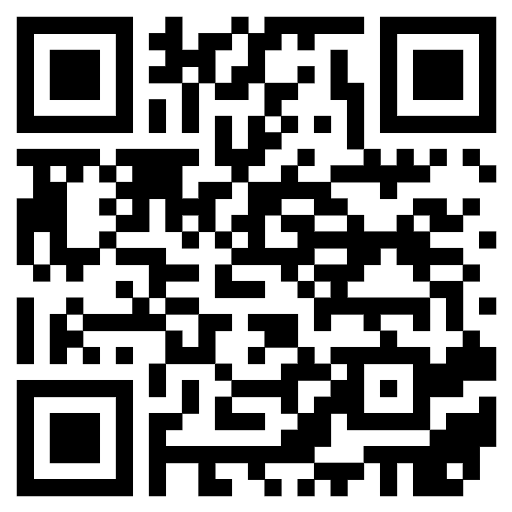A correlation between dysfunctional immune responses and diabetes disease was confirmed years ago. Notably, recommendations for diabetic patients' vaccinations assume great significance because of their susceptibility to infection complications. Interestingly, awareness of the vital role of Saccharomyces cerevisiae (S. cerevisiae) -as a probiotic- in enhancing host immune response has increased lately. Thus, to explore the histological and immunohistochemical effects of Saccharomyces probiotic on the diabetic male Albino rats' spleens after immunization with influenza vaccine, forty rats were randomly divided into four groups including healthy negative controls (C group), positive controls that were injected with 40 mg/kg Streptozotocin (STZ) to induce diabetes disease (G1 group), along with two different rats groups injected with STZ and immunized with either 0.5 ml influenza vaccine only (G2 group) or immunized with influenza vaccines and orally treated with 11.2 mg/kg. wt Saccharomyces probiotics (G3 group). A limited improvement in the histological alterations was observed in the spleen of the G3 group compared to the G2 and G1 groups comparing to those of the C group. The CD68 marker expressions increased in the spleen sections obtained from the G3 group compared to G1, G2, and C group, meanwhile, the expression levels of the CD20 showed an enormous decrease in the spleen sections of the G3, G2, and G1 groups compared to the C group. Consequently, this study reports the withdrawal of the immunomodulatory effect of Saccharomyces probiotics on the immune responses against the influenza vaccine in the spleen.
